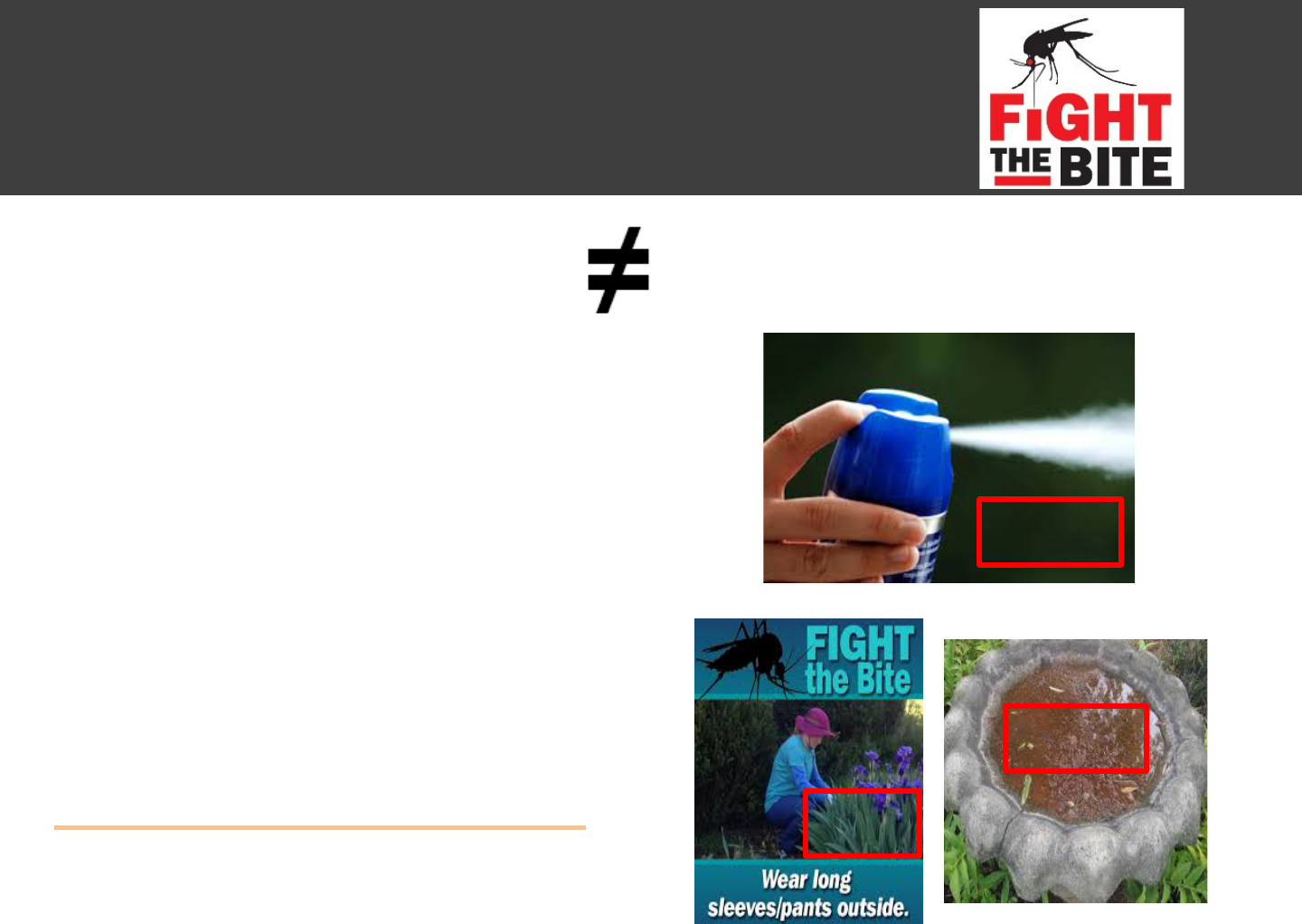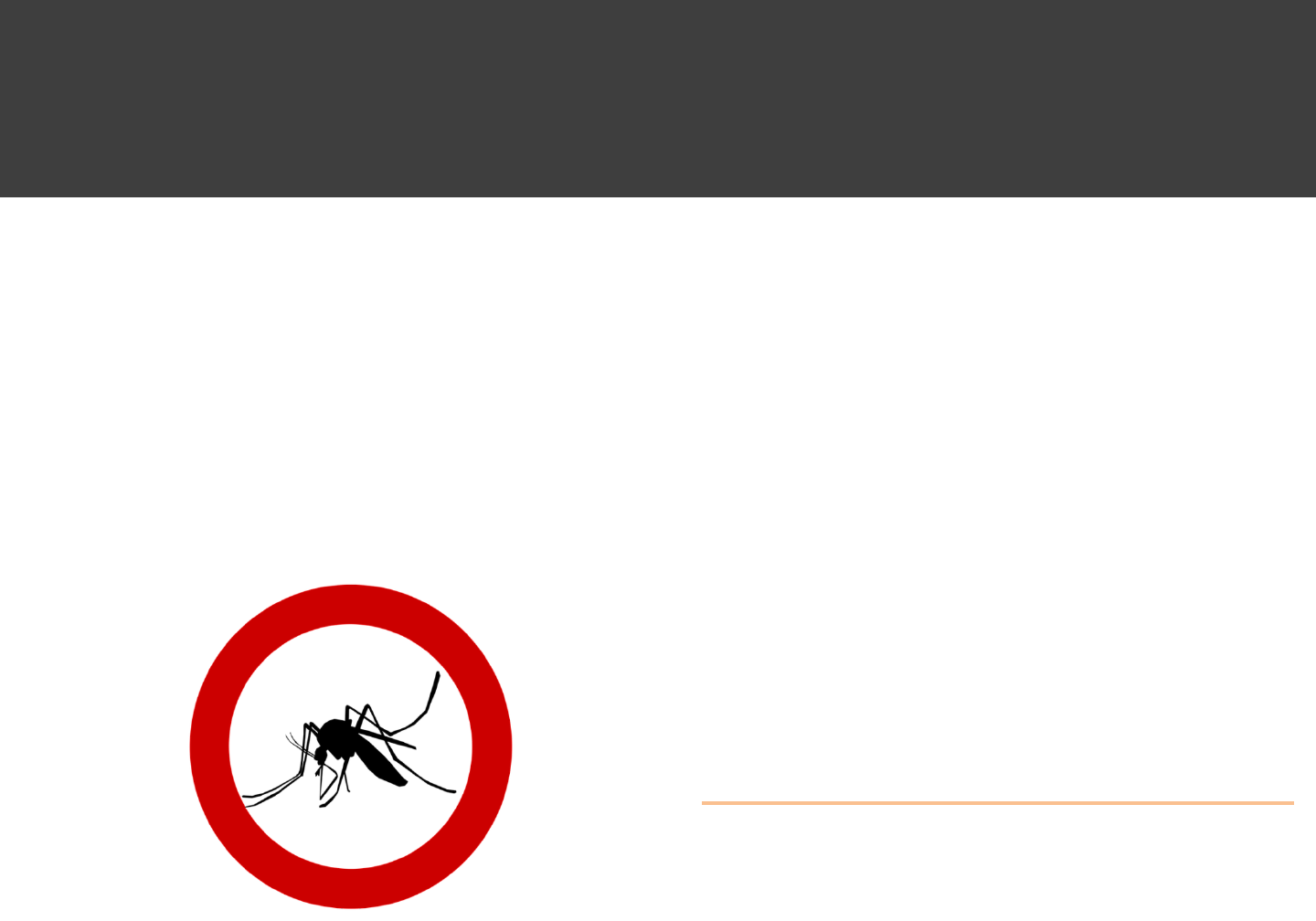
Effective Communication &
Dissemination Strategies
Melody Bockenfeld
Dissemination & Implementation
Manager
Colleen Brown
Communication & Dissemination
Manager

Outline
1. The case for better dissemination
2. 6-part strategy for effective dissemination
3. Resources available at UW

It takes 17 years, on average,
to translate 14% of original research
into benefits for the public

The “Quality Chasm” in Healthcare
State of
the Science
What researchers
collectively know
State of the
Art
What practitioners
collectively do
Dearing J, Kee K. “Historical Roots of Dissemination &
Implementation Science.” In: Dissemination & Implementation
Science in Health, 2012

…vs. the Business World
• Launched July 6, 2016
• Became the top-grossing app in U.S. within 13 hours
• Nintendo’s market value ↑$9 billion within 5 days
• Within 1 month, branched out to 26 countries

Why Doesn’t Discovery Lead to Use?
Factors that determine success of dissemination
Science
• Characteristics of the research
• Tailoring and framing the message
Capacity
• Leveraging existing networks and relationships
• Using multiple delivery messages
• Use of facilitators and boundary spanners
Market
• Relevance to the target audience
• Level of community involvement
• Organizational need and situational fit

Pokémon Go’s Success
‘Science’
• Bridges the game world and reality; Snapchat had paved the way
• The game is simple and easy to play
• Endorphins from game and exercise = happy people
Capacity
•Viral spread via word of mouth
•Users share tips with friends/family on how to play
•Pervasive: news, social media, water cooler talk, etc.
Market
• Nostalgia for Pokémon brand
• Released in summer: kids out of school, good outdoor activity weather
• A welcome diversion after a rough week in the US (multiple shootings)
Fitzpatrick A. “How Pokemon Go took over the world.”
Time, July 11 2016.

• Behavior change essential for prevention
• Campaign: TV, radio, newspapers, website, flyers
• Education focused on 4 preventive measures:
• Use of DEET
• Long-sleeved clothing
• Standing water
• Window screens
The West Nile Virus

Was it effective?
Knowledge
• Kansas evaluation,
2003
• 97% heard of WNV
• 89% knew ≥1
protective measure
Action
18%
54%
37%
Averett, E. John S. Neuberger, Gain Hansen, Michael H. Fox.
Evaluation of West Nile Virus Education Campaign.
Emerging Infectious Diseases, www.cdc.gov/eid. Vol 11, No.
11, November 2005

Why didn’t it work?
Barriers Identified
• Concerns about DEET
• Lack of perceived susceptibility to virus
• Low awareness in Spanish-speaking residents
Ellen Averett, John S. Neuberger, Gain Hansen, Michael H. Fox.
“Evaluation of West Nile Virus Education Campaign” Emerging
Infectious Diseases, www.cdc.gov/eid. Vol 11, No. 11, November
2005
Public Health Agency of Canada, Canada Communicable Disease
Report Vol 29-22, 15 Nov. 2004. Accessed 4/28/15

What challenges or successes have
you had in disseminating your
work?

Research
findings
and
products
1
Dissemination
A Systematic Approach to Planning
Carpenter D, Nieva V, et al. AHRQ Dissemination Planning Tool. 2005.
End users
2
Partners
3
Communi-
cation
4
Evaluation
5
Tools and
Templates
6

What is going to be disseminated?
End users
2
Partners
3
Commun-
ication
4
Evaluation
5
Tools and
Templates
61
Research
findings
and
products

Make a list!
• What health care issues
does your research
address?
• What makes your research
stand out?
• Which tools/materials/
information are essential
to applying your research
in practice?
Perfect for the
introduction in your
dissemination
products
The “meat” of what
you want to
disseminate

3 4 5 61
Research
findings
and
products
2
End users Partners Commun-
ication
Evaluation
Tools and
Templates
Who will apply it in practice?

Who are your end users?
• Create a list of people who may be
interested in your findings
– Think big: clinicians are not the only potential
audience
• Determine what is useful to each of those
audiences
• Can you involve stakeholders from those
groups in dissemination?

4 5
6
1
Research
findings
and
products
2
End users Commun-
ication
Evaluation
Tools and
Templates
3
Partners
Which individuals, organizations,
networks can reach end users?

Who is in a position to facilitate
dissemination?
• Start with your
stakeholders!
• Champions
• Thought leaders
• Social networks
• Linkage mechanisms
• Coalition building
• Professional
organizations
• Policy makers
Considerations
Different groups can reach
the different audiences
you’ve identified.
Be ready to help the
organization understand
why this is a good fit.
This can be the start of an
ongoing relationship!

5 61
Research
findings
and
products
2
End users
Commun
-ication
Evaluation
Tools and
Templates
3
Partners
4
Commun-
ication
How will you convey the research
outcomes?

Framing your message
Revisit your list of end users and think about
using your findings from their perspective:
– What do they need to know?
– What is the most effective way for them to
learn it?
Resources are available online to help with
creating easy-to-understand materials

Don’t be such a scientist
Broad Audience Academic Audience
Main channel Visual Audio & Visual
Structure Story Facts
Mode of Response Visceral Cerebral
Effective Elements Humor, sincerity Information
Effective organs Heart, guts, gonads Head
Preferred voice Human Robotic
Randy Olson, “Don’t Be Such a
Scientist.” Island Press, 2009

Use Multiple Communication
Strategies
Mostly Effective
• Interactive small groups/workshops
• Educational outreach
• Reminders
• IT decision support
• Multi-professional collaboration
• Mass media campaign
• Financial incentive
• Combined interventions
Mixed Effects
• Conferences
• Opinion leaders
• Champions
• Educational materials (toolkits, training manuals)
• Patient-mediated interventions
• Performance feedback
• Substitution of tasks
• Peer reviewed publications
Other Strategies
• Apps
• Briefs (Research & Policy)
• Fact Sheets
• Guidelines
• Infographics
• Interviews
• News Appearances
• Posters
• Press Releases
• Reports
• Social Media
• Video
• Website
• White Paper
Grol R. From best evidence to best practice: effective
implementation of change in patients’ care. Lancet 2003.
Multiple strategies are
more effective than single
strategies!

Translation & Packaging
Dr. Yao Liu speaking about tele-
ophthalmology on Channel 3000
Patient brochure created
by Dr. Christie Bartels
UW CTRI’s “5As” model for treating
tobacco use and dependence

61
Research
findings
and
products
2
End users
Commun
-ication
Tools and
Templates
3
Partners
4
Commun-
ication
5
Evaluation
How will you determine what
worked?

Follow-Through & Evaluation
• What channels were effective in reaching
your target audience?
• Did knowledge, attitudes, behaviors, or
policies change?
• How was information used or not used?
• How can you involve end users in the
evaluation?

1
Research
findings
and
products
2
End users
Commun
-ication
3
Partners
4
Commun-
ication
5
Evaluation
6
Summarize your plan using
available tools and templates
Tools and
Templates

Documenting your plan and
tracking progress
• Document your plan in a
way that works for you
• Tools available online
– AHRQ Dissemination
Planning Tool
– Knowledge Translation
Planning Template
– CalSWEC Dissemination
Planning Tool (modified
from AHRQ)
AHRQ Dissemination
Planning Tool
Knowledge Transition Planning Template

Case Study
The Family-Centered Rounds (FCR)
Toolkit
Intervention to implement a checklist
to increase effectiveness of family-
centered rounds
Developed a toolkit to help
organizations implement the checklist
Study Team:
Elizabeth Cox,
Pascale Carayon,
Michelle Kelly,
et al.

Determining Content and Audience
Study team
developed
toolkit
Primarily
methodology
content for
research
audience
Reviewed toolkit
from clinician
perspective
Determined that
more clinician-
centric info was
needed
Developed 2
nd
toolkit with
different content
Stakeholder
organization
helped with
creating video
testimonials
End users given
the option to
view 1 or both:
Toolkit for
Researchers
Toolkit for
Clinicians

FCR Communication Methods
• Toolkits on HIPxChange
• Peer-reviewed articles
• Videos
• Articles for websites &
newsletters
• Webinars:
– Society of Hospital
Medicine (for CME credit)
– Wisconsin Hospital
Association
Referenced by:

Evaluation metrics
• Toolkit downloads on
HIPxChange
– Who
– Organization
– Position
– Location
• YouTube view counts
• Webinar registrations
• Survey on
implementation
currently being piloted
on another toolkit

Based on strategies we have
discussed, what are some
additional ways we could
disseminate and evaluate the
dissemination of the FCR project?

Disseminating Your Project:
Resources Available at UW

ICTR Dissemination Funding
• Supports dissemination of evidence-based
strategies to improve health
• Research conducted at UW-Madison or Marshfield
• Supports activities such as:
• Targeted distribution of research findings ,
products or materials to a specific audience
• Development of materials in preparation for
dissemination and/or implementation activities
• Awards up to $15,000 for 18 months of direct
support

HIPxChange
• Hosted by the Health
Innovation Program
• Provides tools and
materials for
evidence-based
health system change
• Toolkits are free
• Registration required
24
346
850
2357
4178
2012 2013 2014 2015 2016
(partial)
Cumulative Number of
HIPxChange Registrations

Why develop a toolkit?
• Practical way to help
organizations implement
your research
• Increases research visibility
• Registrations can be used to
demonstrate interest
• Can pave the way for
further dissemination and
partnerships
• Cite in your biosketch and
facilities/resources in grants
Access Integrated Primary Care
Consulting Psychiatry Toolkit
>100 registrations even before the
paper has been published … highly
effective dissemination
Used in a grant application to
indicate nationwide interest in our
work
We put together
our toolkit to get
the word out …
about integrating
mental health into
primary care

Getting the word out
HIP works with you to
create and carry out a
dissemination plan
Toolkits have been
promoted or cited by
many national
organizations

We are here to help!
ICTR & HIP work in tandem to help
create an effective dissemination
strategy for your project.
ICTR D&I: bock[email protected]
HIPxChange: [email protected].edu


